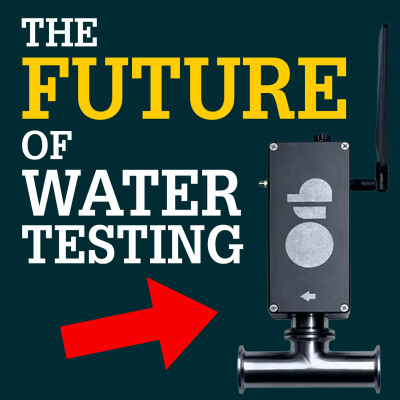Description
Video Version: https://youtu.be/8hjsmIyC9gg
Water reuse is crucial for addressing water scarcity and has many environmental, agricultural, and economic benefits. Yet, despite technological advancements and proven safety, public acceptance remains a challenge due to misconceptions and the importance of communication strategies.
What we'll discuss today:
🥹 The success of water reuse projects is significantly influenced by public perception and media coverage, with emotional appeals often outweighing rational arguments.
💪 Best practices for gaining public acceptance of water reuse include careful framing of the discussion, gradual implementation, and focusing on the treatment process rather than the water's source.
🈷️ The terminology used to describe reused water can greatly affect public acceptance, with terms emphasizing purity and quality being more favorable.
But also:
Technology and Safety of Water Reuse: Advances in water treatment technologies allow for the production of water that exceeds drinking standards, demonstrating that water reuse is a viable solution to water scarcity.
Public Perception and Media Influence: The case of Toowoomba illustrates how public opposition and negative media coverage can derail water reuse projects, emphasizing the need for effective communication and engagement strategies.
Economic and Environmental Benefits: Beyond addressing water scarcity, water reuse offers numerous benefits, including reduced pollution, enhanced agricultural productivity, and groundwater recharge.
Strategies for Public Acceptance: Drawing from cases like Singapore, strategies such as educating the media, using positive terminology, and showcasing successful examples are critical for overcoming resistance.
Importance of Gradual Implementation: Introducing reused water incrementally, starting with non-potable applications or industrial use, can help build public trust and acceptance over time.
#WaterReuse #WastewaterReuse #NEWater #ReclaimedWater #Reuse
🎙️ PODCAST 🎙️
Website: https://dww.show/podcast/
Smartlink: https://smartlink.ausha.co/dont-waste-water
👋 SOCIAL MEDIA 👋
LinkedIn: https://www.linkedin.com/in/antoinewalter1/
Instagram: https://www.instagram.com/dwwpodcast/
Twitter: https://twitter.com/AntoineWalter7
Facebook: https://www.facebook.com/DontWasteWaterPodcast
Hosted on Ausha. See ausha.co/privacy-policy for more information.


![25 Years of Acquisitions Built This Water Tech Powerhouse [M&A] cover](https://image.ausha.co/6xHgWghhG8OqgQaZ4Jpi3EzqoqcC8w1w1vWw6qNl_400x400.jpeg)

